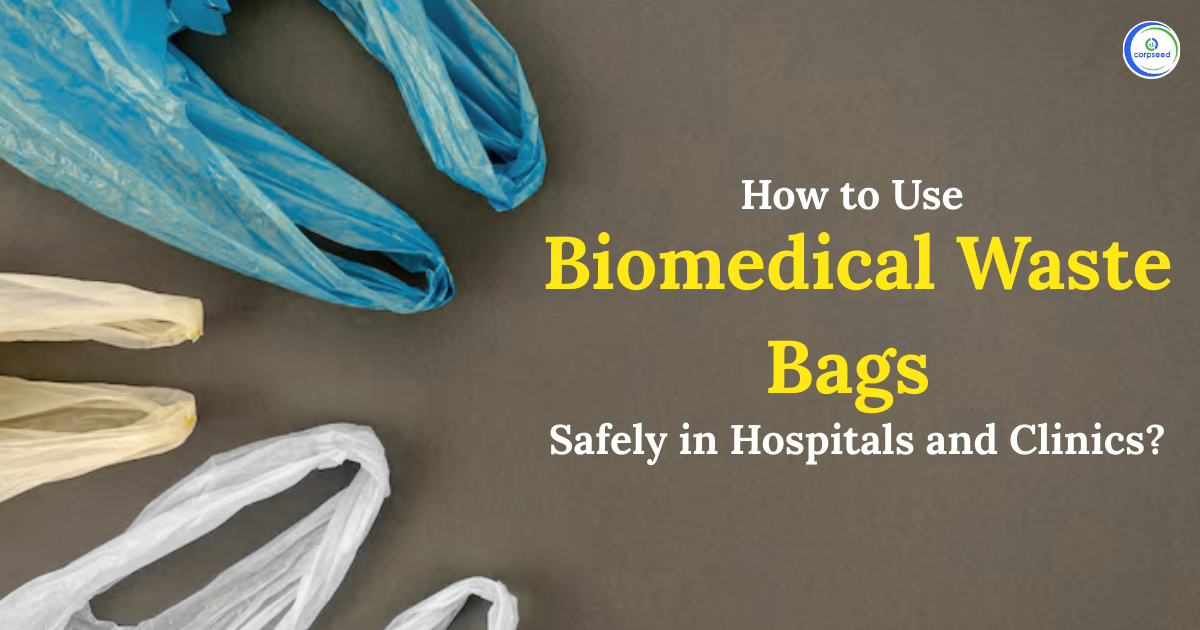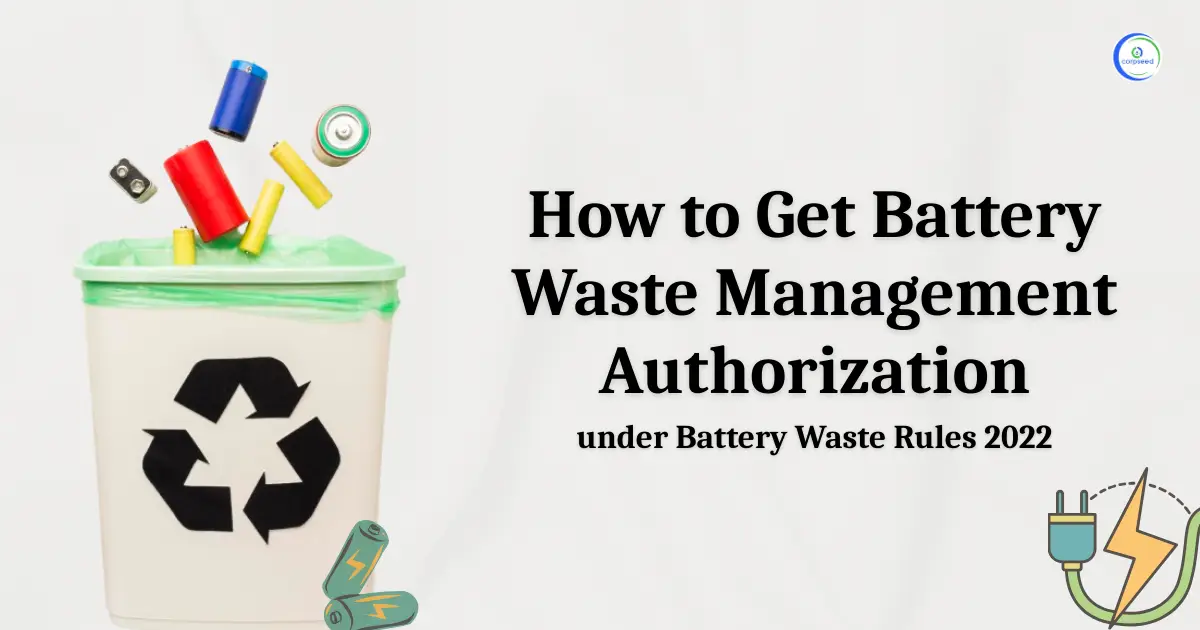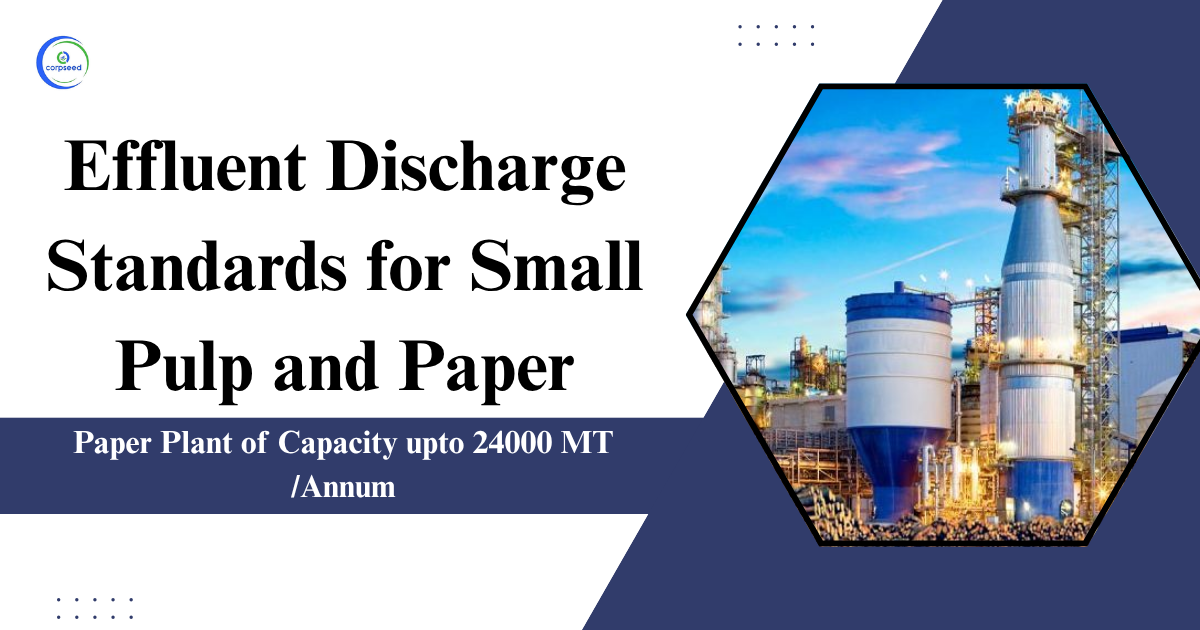Effluent discharge from petroleum oil refineries is a significant environmental concern due to the potential contamination of water bodies with hazardous pollutants. In India, the Environment Protection Rules 1986 and the Environmental Protection Act, India 1986 lay the foundation for regulating industrial wastewater, ensuring that oil refineries adopt responsible practices to minimize their environmental impact. CPCB effluent standards for petroleum oil refineries focus on controlling harmful substances such as oil & grease, BOD, COD, heavy metals, and suspended solids, which can severely damage aquatic ecosystems and public health. This process not only helps in maintaining water quality standards for refineries but also promotes long-term environmental compliance, ensuring sustainable operations within the petroleum industry.
Table of Contents
--------------Blog Contact Form-------------
What is Petroleum Oil Refinery?
A petroleum oil refinery is an industrial facility where crude oil is processed and converted into valuable petroleum products such as gasoline, diesel, kerosene, and lubricants. The refining process involves several stages, including distillation, cracking, and hydro treating, to remove impurities like sulphur, nitrogen, and metals. However, this process generates significant amounts of wastewater containing various pollutants such as oil & grease, suspended solids, heavy metals, and chemicals. If not treated properly, these pollutants can severely harm aquatic ecosystems and pose health risks.
To regulate the environmental impact of oil refineries, the Environment (Protection) Rules, 1986 were enacted under the Environment Protection Act, 1986. These rules set standards for the treatment and discharge of effluents from industrial activities, including petroleum refining. The CPCB effluent standards for petroleum oil refineries ensure that refineries adhere to prescribed limits for pollutants like BOD, COD, and heavy metals, promoting sustainable operations and minimizing environmental harm.
Importance of CPCB Effluent Guidelines for Petroleum Oil Refineries
The Central Pollution Control Board (CPCB) plays a crucial role in regulating the petroleum sector by setting effluent discharge standards for oil refineries. These guidelines ensure that refineries operate sustainably while minimizing their environmental impact. The key reasons for adhering to CPCB's effluent guidelines include:
- Pollution Control in Oil Refining: The CPCB’s effluent treatment standards for petroleum ensure that refineries adopt effective technologies to minimize the release of pollutants into the environment.
- Health and Safety: Compliance with oil refinery effluent standards helps reduce the risk of water contamination, which can harm human health and aquatic life.
- Prevention of Water Pollution: Water quality standards for refineries help maintain the quality of freshwater bodies by controlling pollutants like oil & grease concentration limits, COD, and suspended solids in refineries.
- Environmental Compliance: Following these guidelines ensures that refineries comply with environment protection rules 1986 and the Environmental Protection Act India 1986, making sure they meet national and international environmental norms.
- Sustainable Practices: The guidelines promote the adoption of sustainable industrial practices that balance the refinery’s operational needs with environmental conservation.
- Compliance with Environmental Clearance: Refineries must obtain environmental clearance by ensuring they meet the refinery wastewater discharge guidelines as set by CPCB and State Pollution Control Boards (SPCB).
Key Pollutants of Petroleum Oil Refinery
The effluent from petroleum oil refineries contains various pollutants that can harm water quality and ecosystems if not properly treated. Some of the primary pollutants include:
- Oil & Grease: Petroleum products contain residual oil and grease that can float on water surfaces, reducing oxygen exchange and harming aquatic life.
- Biochemical Oxygen Demand (BOD): BOD is the oxygen required by microorganisms to decompose organic matter. High BOD levels indicate high organic contamination in the effluent.
- Chemical Oxygen Demand (COD): COD measures the oxygen needed to oxidize both organic and inorganic materials in the effluent. High COD levels suggest significant chemical pollution.
- Suspended Solids: These tiny particles suspended in water can block sunlight and reduce oxygen levels in aquatic ecosystems.
- Heavy Metals: Pollutants like hexavalent chromium, lead (Pb), mercury (Hg), zinc (Zn), and nickel (Ni) are toxic to aquatic life and can accumulate in the food chain, leading to long-term environmental damage.
- Sulphides and Ammonia: These nitrogen compounds can contribute to water eutrophication, where excessive nutrients lead to algae blooms and oxygen depletion.
- Phenols: These toxic substances can disrupt biological processes and harm aquatic organisms.
Effluent Standards for Petroleum Oil Refinery
To protect the environment and ensure safe disposal of refinery effluents, the Environment Protection Amendment Rules, 2008 outline specific petroleum oil refinery effluent standards. The table below summarizes the limits for key pollutants in refinery effluents:
| S.No. | Industry | Parameter | Standards |
| 3 | Petroleum Oil Refinery | Effluent | |
| Limiting value for concentration (mg/l except for pH) | |||
| pH | 6.0 – 8.5 | ||
| Oil & Grease | 5.0 | ||
| BOD (3 days, 27°C) | 15.0 | ||
| COD | 125.0 | ||
| Suspended Solids | 20.0 | ||
| Phenols | 0.35 | ||
| Sulphides | 0.5 | ||
| CN | 0.20 | ||
| Ammonia as N | 15.0 | ||
| TKN | 40.0 | ||
| P | 3.0 | ||
| Cr (Hexavalent) | 0.1 | ||
| Cr (Total) | 2.0 | ||
| Pb | 0.1 | ||
| Hg | 0.01 | ||
| Zn | 5.0 | ||
| Ni | 1.0 | ||
| Cu | 1.0 | ||
| V | 0.2 | ||
| Benzene | 0.1 | ||
| Benzo(a) Pyrene | 0.2 | ||
Notes:
- Concentration limits shall be complied with at the cutlet, discharging effluent (excluding discharge from sea water cooling systems) to receiving environment (surface water, marine systems or public sewers). In case of application of treated effluent directly for irrigation/horticulture purposes (within or outside the premises of refinery), make-up water for cooling systems, firefighting, etc., the concentration limits shall also be complied with at the outlet before taking the effluent for such application. However, any use in the process such as use of sour water in desalter is excluded for the purpose of compliance.
- In case of circulating seawater cooling, the blow-down from cooling systems shall be monitored for pH and oil & grease (also hexavalent & total chromium, if chromate treatment is given to cooling water) and shall conform to the concentration limits for these parameters. In case of reuse of treated effluent as cooling water make-up, all the parameters (as applicable for treated effluent) shall be monitored and conform to the prescribed standards.
- In case of once through cooling with seawater, the oil & grease content in the effluent from cooling water shall not exceed 1.0 mg/l.
Monitoring and Compliance
Ensuring effluent discharge compliance for refineries is essential for minimizing pollution. Refineries are required to conduct regular monitoring of key pollutants such as BOD, COD, oil & grease, and suspended solids to ensure they meet industrial effluent quality standards. These monitoring results must be reported to the CPCB and SPCB, which conduct periodic inspections to verify compliance.
To achieve compliance with the environment protection rules 1986, refineries must implement advanced pollution control systems such as oil-water separators, biological treatment plants, and activated carbon filters. These technologies help reduce harmful substances in the effluent before discharge into water bodies.
Additionally, regular audits and environmental assessments help refineries stay in line with environmental clearance requirements. Non-compliance can lead to fines, shutdowns, and legal action, making it essential for refineries to prioritize effective wastewater treatment.
Conclusion
The petroleum oil refinery plays an essential role in producing fuel and other petroleum products. However, the pollution control in oil refining is critical to ensuring that these refineries do not harm the environment or public health. By adhering to the effluent discharge standards for petroleum, which are set by the CPCB and regulated under the Environment Protection Act India 1986, refineries can ensure that their effluent does not degrade water quality or damage ecosystems. The guidelines for oil & grease concentration limits, COD, BOD, and suspended solids in refineries are integral to maintaining safe water standards.
Refineries must also comply with the environmental protection act amendments 2008, ensuring the application of pollution control technologies and regular monitoring. The key to refinery water pollution control lies in continuous environmental compliance, which helps preserve water resources and protect aquatic life for future generations. By following CPCB effluent guidelines, the petroleum industry can operate sustainably, ensuring a balance between economic development and environmental stewardship.
Our Blogs:
What are the Standards for Emission or Discharge of Environmental Pollutants for Calor Alkali (Caustic Soda)?
Standards for Emission or Discharge of Environmental Pollutants for Large Pulp and Paper
What are the Standards for Emission or Discharge of Environmental Pollutants for Re-Heating (Reverberatory) Furnaces?
What are the Standards for Emission or Discharge of Environmental Pollutants for Foundries?
What are the Standards for Emission or Discharge of Environmental Pollutants for Stone Crushing Unit?
What are the Standards for Emission or Discharge of Environmental Pollutants for Hotel Industry?
This portion of the site is for informational purposes only. The content is not legal advice. The statements and opinions are the expression of author, not corpseed, and have not been evaluated by corpseed for accuracy, completeness, or changes in the law.
BOOK A FREE CONSULTATION
Get help from an experienced legal adviser. Schedule your consultation at a time that works for you and it's absolutely FREE.
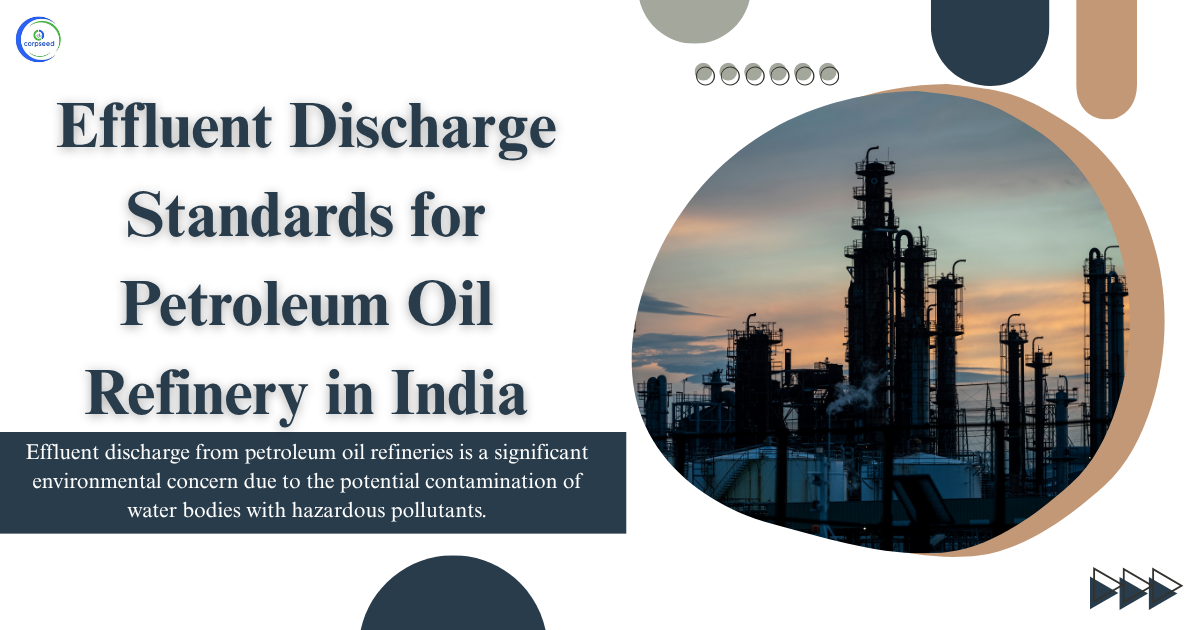

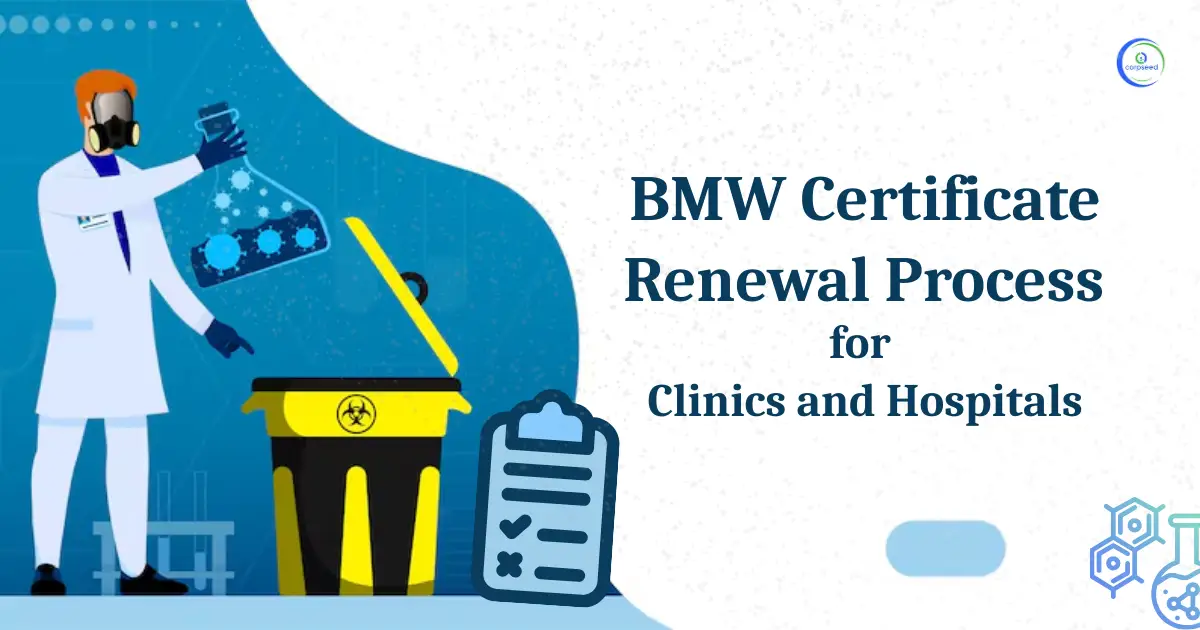
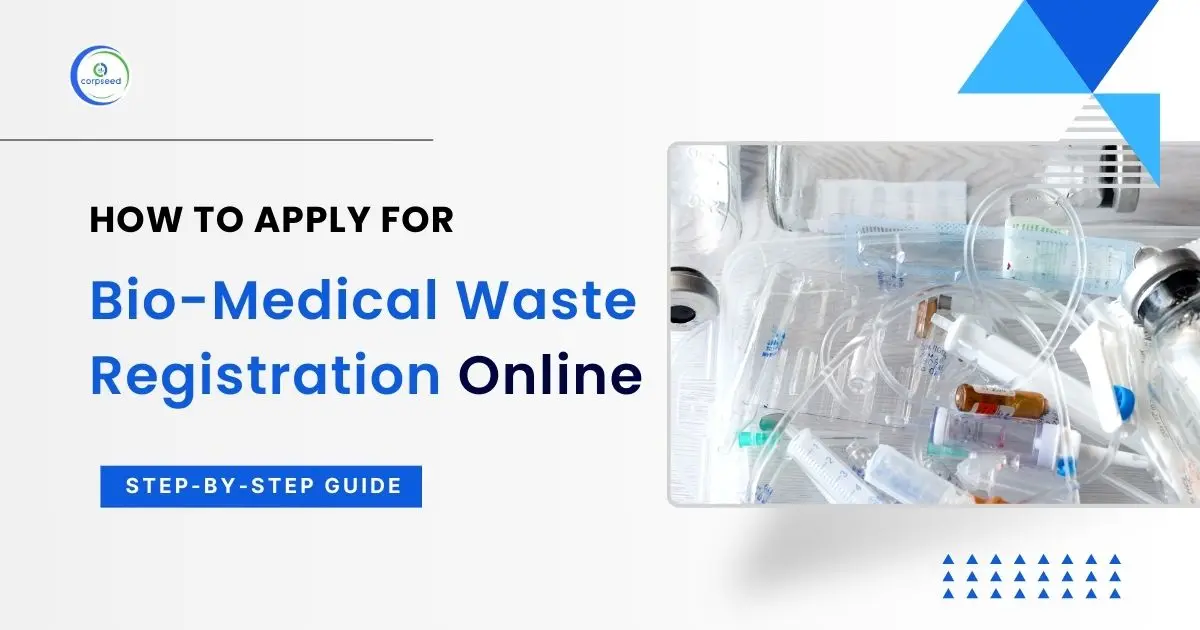
.webp)
